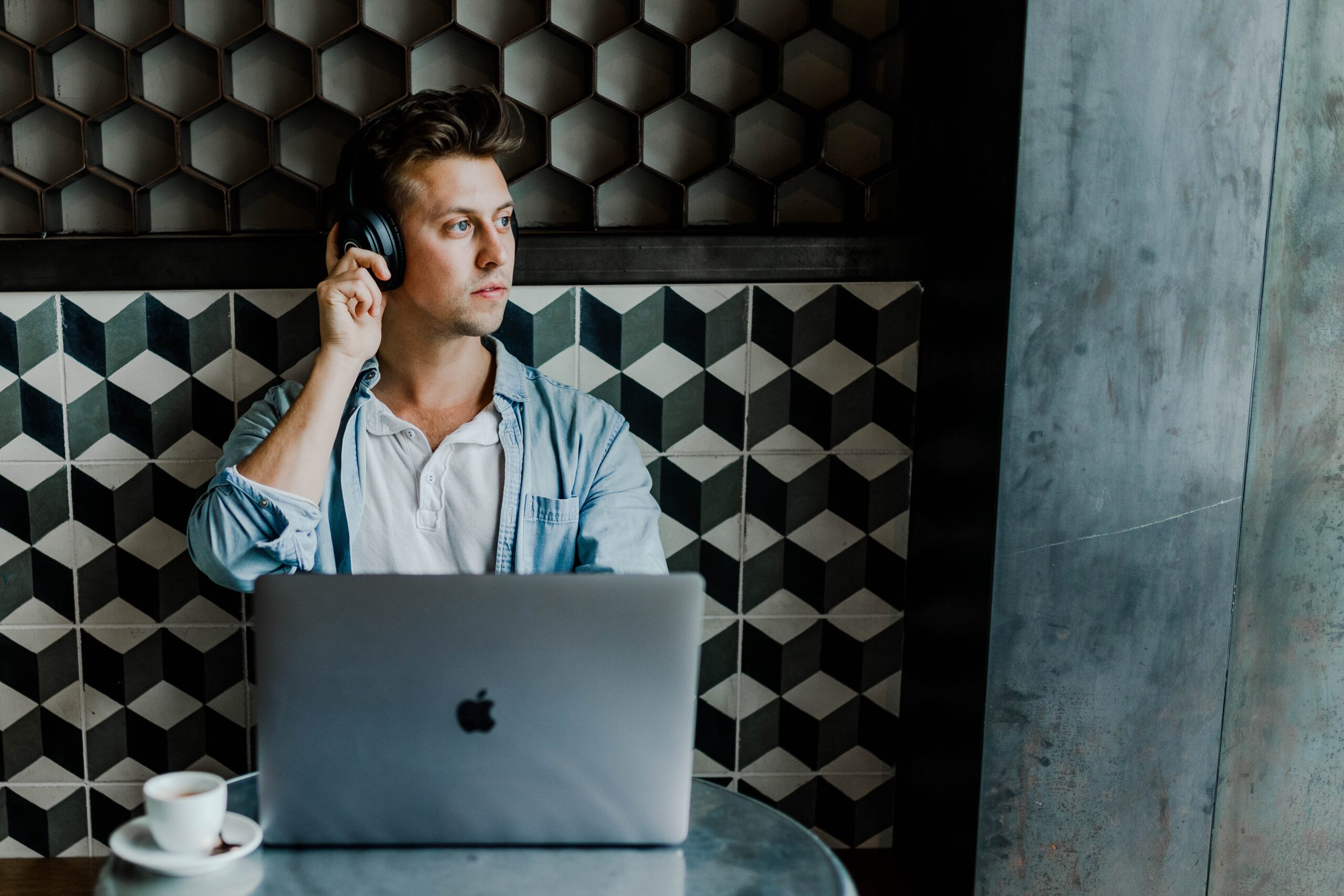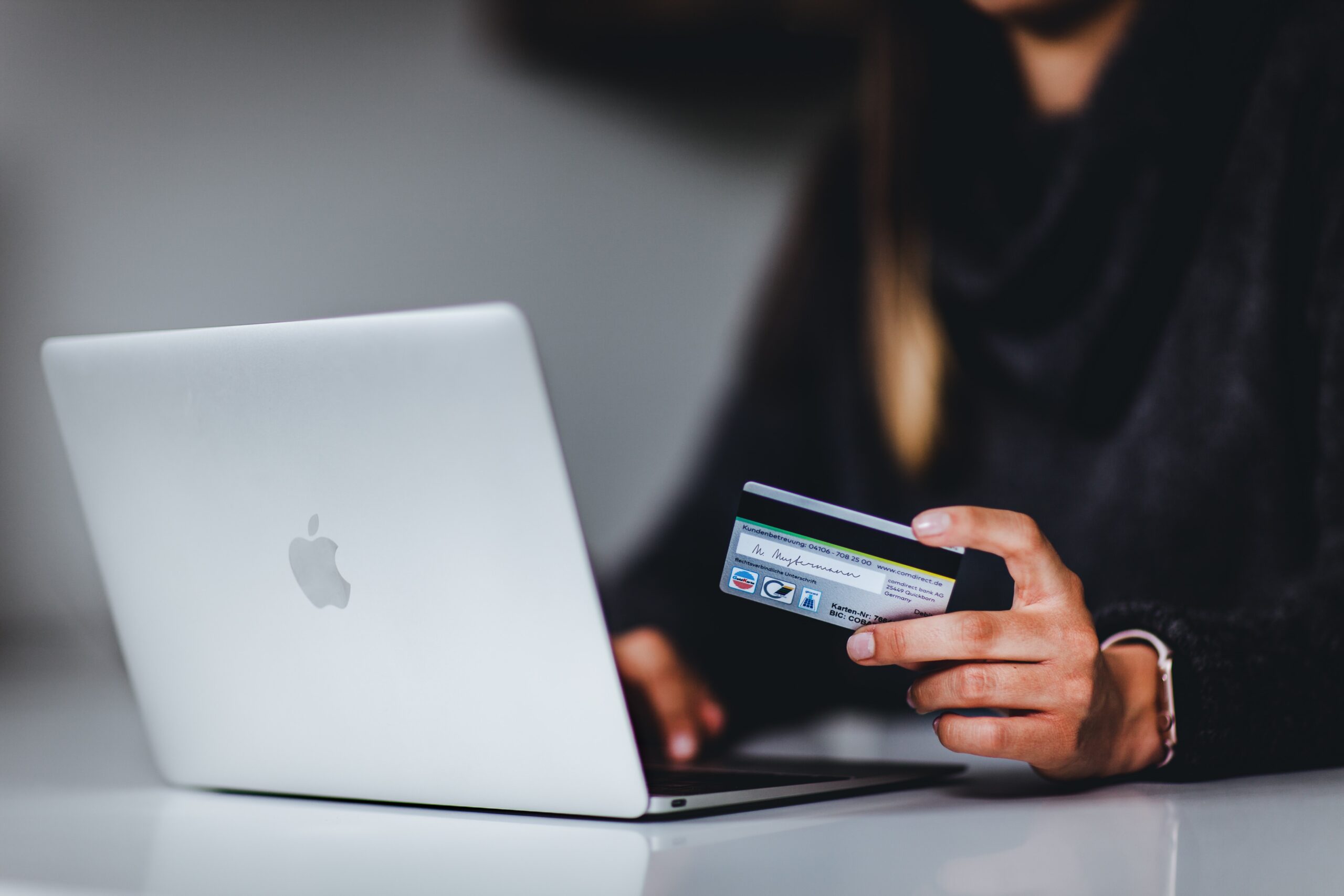
According to US Copyright Law, if you operate a business using music, you have a responsibility to obtain permission from the copyright owner before that copyrighted music can be performed. With some exceptions, most music we hear is copyrighted. In a business setting, we typically hear that music via a “public performance.” That’s why the music license needed is called a “public performance license”.
Don’t be confused by the word “performance.” in the term “Public Performance License”. We often think of performance in the narrow context of live music, but it’s not just about that. U.S. Copyright Law considers this word more broadly. Title 17 U.S. Code § 101 states, “To “perform” a work means to recite, render, play, dance, or act it, either directly or by means of any device or process.” So instead, consider “performance” to also include background music in a hotel lobby, music streamed from a website or app, or music playing from a TV or radio. If you can hear music, a performance is occurring regardless of whether the source is a live band, digital, vinyl or anything in between.
So, what does “public” mean under the Copyright Law for “Public Performance License”? The law defines public as follows: “To perform or display a work “publicly” means: to perform or display it at a place open to the public or at any place where a substantial number of persons outside of a normal circle of a family and its social acquaintances is gathered.” In short, music being played to more than a family and its social acquaintances, such as at a restaurant, hotel, health club or many other types of locations, is a public performance and requires a public performance license.
Now that we better understand “public performance,” how do you obtain permission? This is where Performing Rights Organizations (“PROs”), such as SESAC, make the complicated task of seeking permission from every copyright owner of every song you may publicly perform, incredibly simple by offering businesses a public performance license. This license authorizes you to publicly perform any of the songs represented by that PRO as often as you wish. This is frequently referred to as a blanket license because it covers all music represented by that particular PRO.
Copyright owners, like songwriters and music publishers, join a PRO to more easily allow music users to obtain permission to play the songs they have created. The benefit to the business user is that with a SESAC Performance License in place, you have the freedom to publicly perform all SESAC represented music at your business in compliance with federal law.
Need a public performance license for your business? Obtain a license online today at SESAC: Get a License, or schedule a consultation with a SESAC representative.
What kind of license do I need if I host live music at my business?
You need a public performance license! The law is very clear that prior authorization must be obtained. In other words, you, the business owner, need permission from the copyright owner to allow their musical works to be performed in your place of business. This is where Performing Rights Organizations, such as SESAC, make it easy to comply with this obligation set forth in the US Copyright Law. As a reminder, a “public performance” is any audible transmission of a copyrighted musical work that can be heard by a public audience. This applies to both live and recorded music. However, some business owners confuse the public performance responsibility with the fee they pay a band to perform, but these costs are very different.
Paying a band to perform (show, event, etc.) is compensation for providing the service of entertainment. That’s the band’s paycheck for putting on a show. However, the songwriters and music publishers who own the musical copyrights that the band performs still need to be compensated. Paying music licensing fees fulfills the obligation set forth by law to obtain permission for copyrighted music to be publicly performed. Think of that as the songwriter’s or publisher’s paycheck.
This responsibility extends to almost every type of business, whether you operate a banquet hall, restaurant, gym, hotel, corporate office, streaming platform, or any other type of business where music may be performed. Failure to obtain appropriate authorization, such as that granted by a SESAC Performance License, could result in you knowing or unknowingly committing copyright infringement for which you could be held liable.
The SESAC Performance License grants blanket authorization covering its entire catalog and the licensing process is simple. SESAC offers license agreements across a wide range of industries that let you obtain authorization tailored for your business.
Obtain a license online today at SESAC: Get a License, or schedule a consultation with a SESAC representative.
What if I want to play music I purchased at my business?
The same responsibilities and obligations on the business owner outlined above regarding live music also apply to recorded music.
When an individual purchases music on any format; whether it is a record, DVD, CD, or digital download, they are granted the authorization to play that music for personal use. In other words, they can play it at home, in the car, or at a friend or family gathering. However, there is no public performance authorization attached to the sale of music to individuals. Therefore, buying a copy of a song does not automatically grant you the right to bring it into a commercial setting and play it publicly.
As may be expected, there are some exceptions and exemptions as some third-party services are licensed and pass that authorization on to their customers. However, it would be best to connect with a member of our Licensing team to walk you through the requirements of the law and address additional questions. Feel free to reach out to SESAC to learn if a public performance license is right for you. Obtain a license online today at SESAC: Get a License, or schedule a consultation with a SESAC representative.


